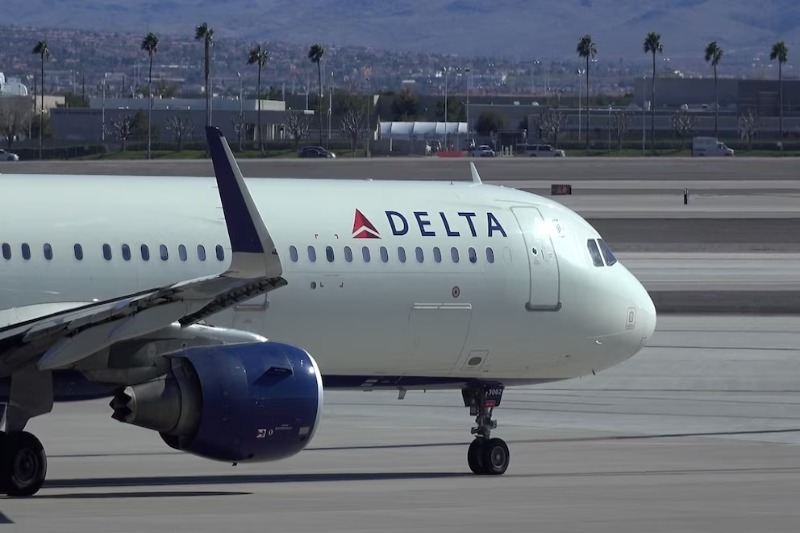Delta Eclipse Flight for the Total Solar Eclipse is Sold Out

Fans flocked to reserve seats on a Delta Air Lines aircraft specifically intended for seeing the approaching total solar eclipse.
A representative for Delta told FOX Business on Tuesday, the day after the airline formally launched the special flight, that enthusiastic solar eclipse watchers had already reserved all of the tickets on Delta Flight 1228, which is scheduled to depart on April 8.
The flight, which will travel from Austin to Detroit, has been “timed to give those on board the best chance of safely viewing the solar eclipse at its peak” and to “spend as much time as possible directly within the path of totality,” according to a Delta press.
According to NASA, the complete solar eclipse on April 8 will first be seen in Mexico at around 11 a.m. local time. From there, the eclipse’s path is predicted to pass through a few US states in the afternoon.
Lead meteorologist for Delta Air Lines Warren Weston said it will be the “last total eclipse we’ll see over North America until 2044.”
Delta is going to operate an A220-300. According to the carrier, that aircraft will “offer especially premium viewing due to the aircraft’s extra large windows.”
The company noted that while its flight plans for DL 1228 on April 8 “have been designed to maximize time within the path of totality, this is subject to change due to factors outside of Delta’s control such as weather and air traffic control that could impact timing and aircraft.”
It also added that its five additional flights on the same day will offer “prime eclipse-viewing opportunities.”
According to NASA, those who wish to view the solar eclipse must do so using specialist eclipse glasses to avoid risking eye damage. The EPA states that it is “only safe to remove your eclipse glasses during what’s known as totality,” which could last for just a minute or two.
December 2021 saw the most recent total solar eclipse. But according to NASA, only individuals in Antarctica were in its totality.
The last total solar eclipse that affected parts of the United States occurred in 2017. “The path is nearly twice as wide and the event is expected to last more than twice as long as the one that occurred in 2017,” according to Weston.